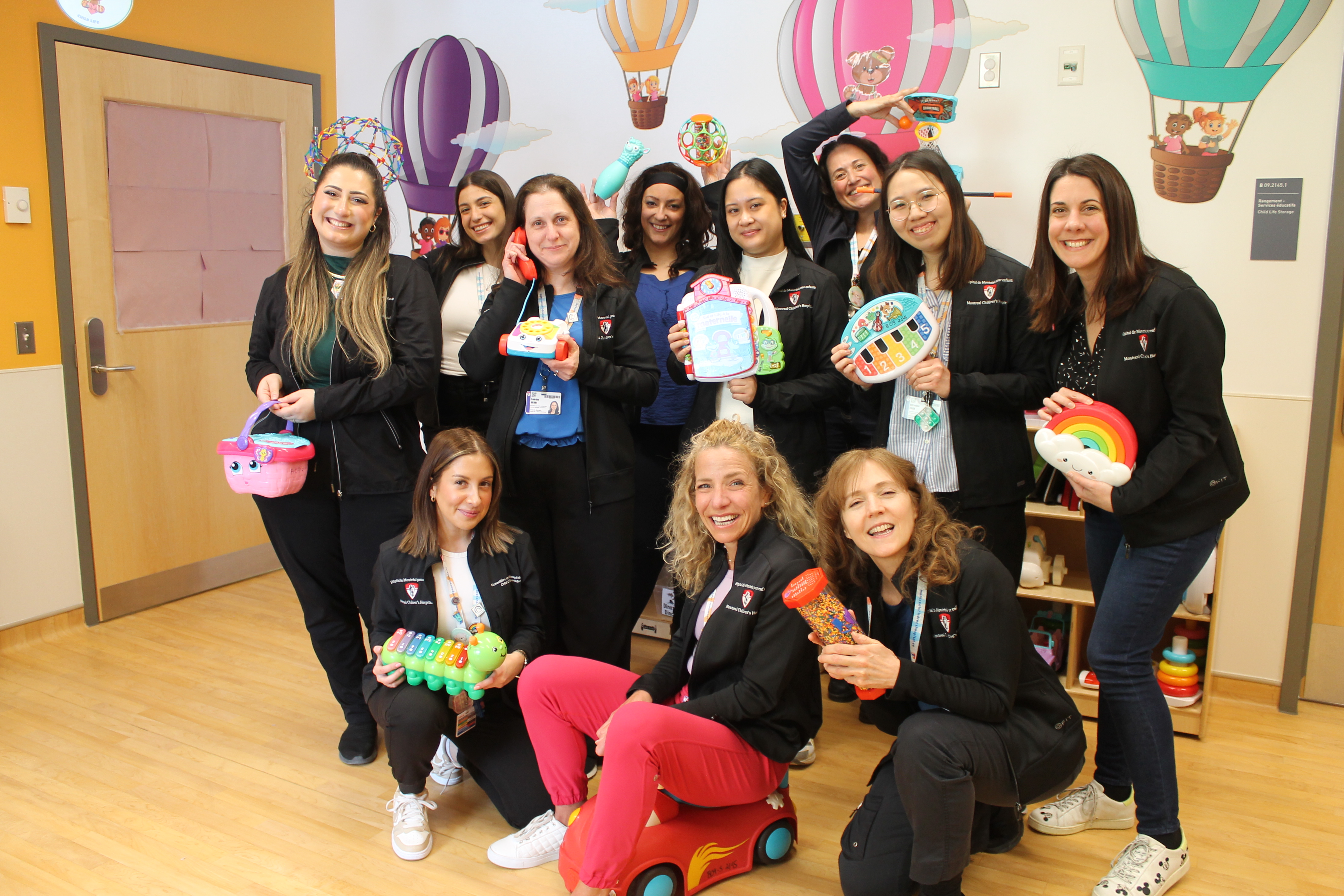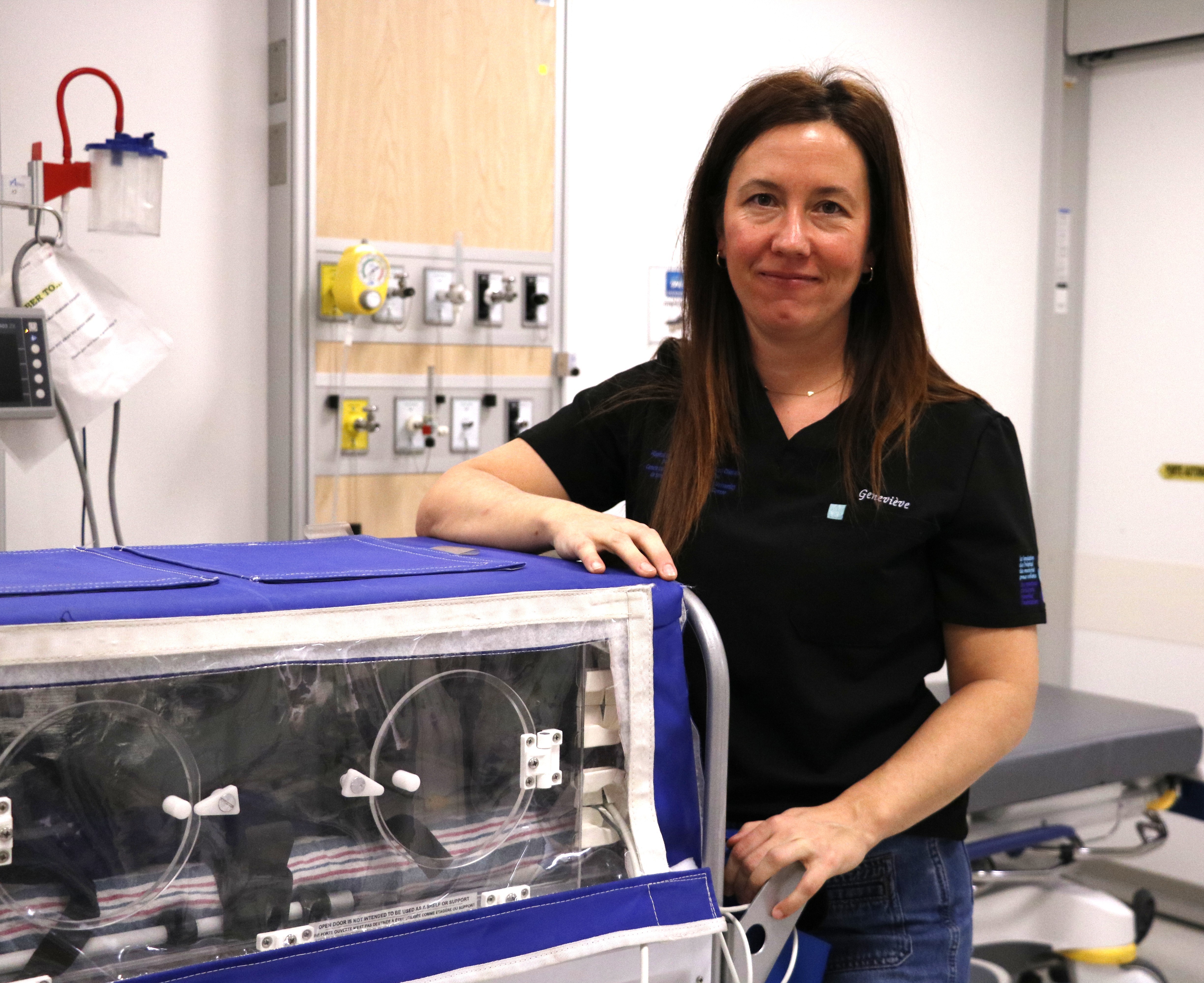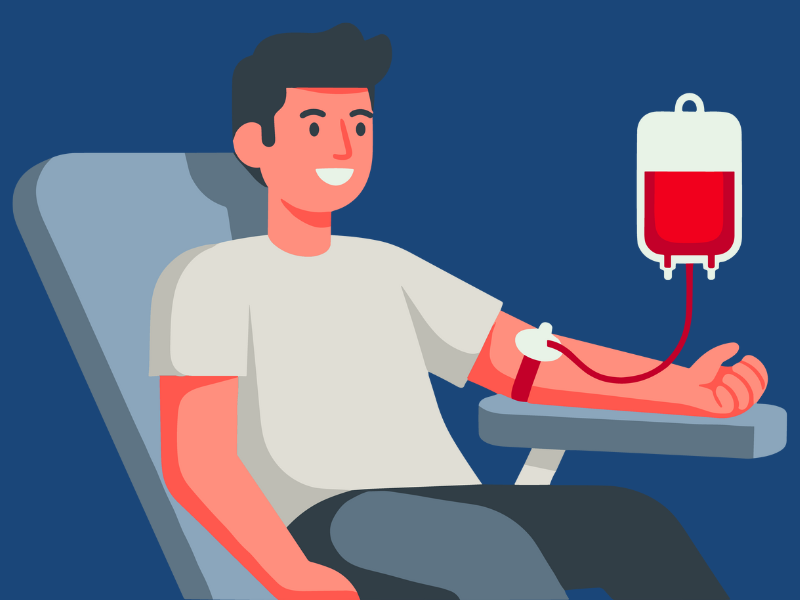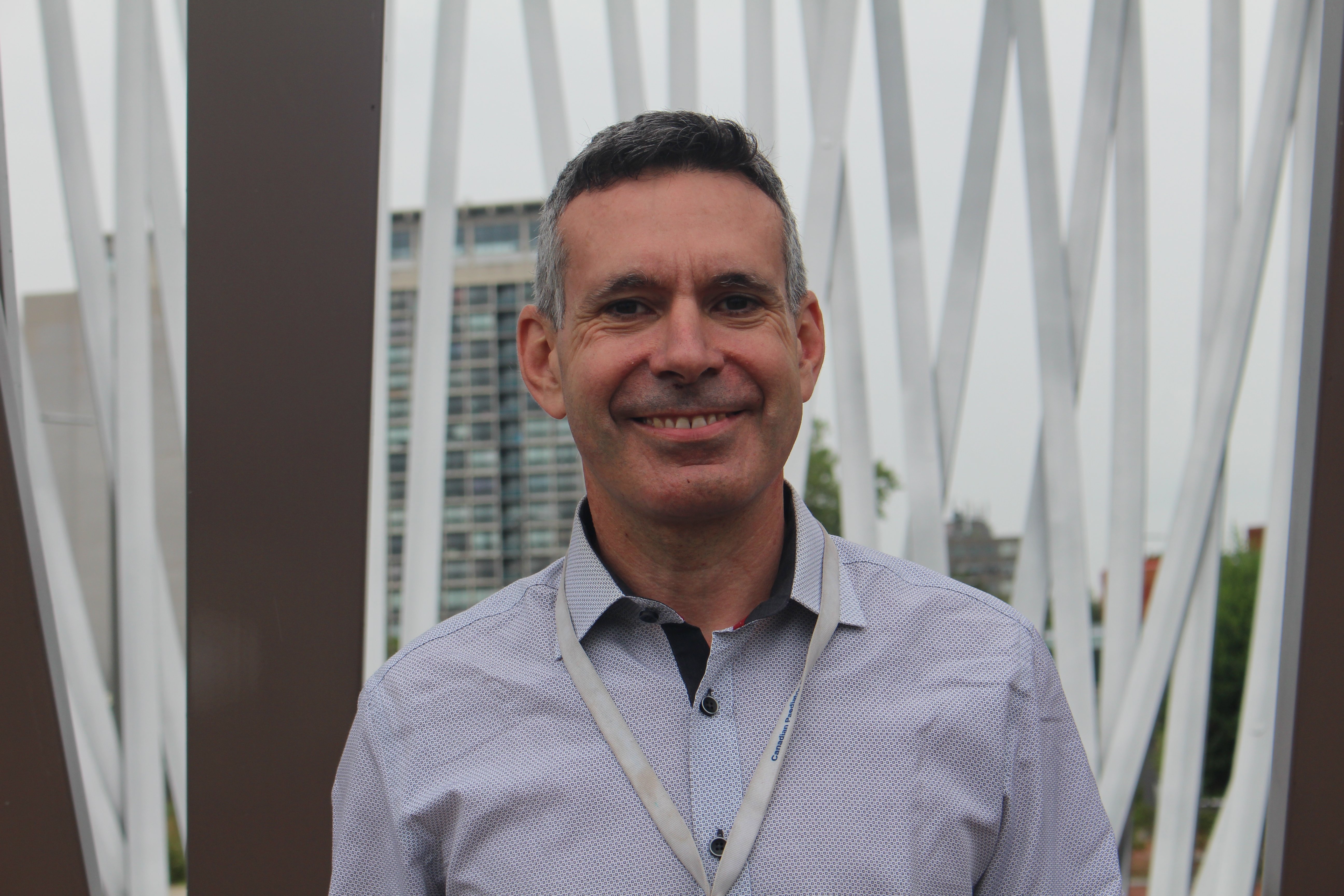

Four decades of advocacy for children in the PICU
3 July 2025
Janet Rennick has dedicated her four-decade career to advancing pediatric critical care with a longstanding focus on the psychological and behavioral outcomes of critically ill children. Her compassionate work has been instrumental in transforming support systems for families following PICU stays. Just ahead of her retirement this summer, she has published two rigorously conducted studies, representing a culmination of her expertise.
A three-year follow-up study on children after PICU admission
Published in Pediatric Critical Care Medicine, this study explores the psychological and behavioral trajectories of children over three years following their PICU stay. Using a mixed-methods approach, Rennick and her team collected both quantitative data through standardized questionnaires and telephone follow-up surveys, and qualitative data via interviews with families in Montreal, Toronto, and Halifax.
While questionnaires offered some insights, the study revealed that they often fall short in capturing the emotional complexity of post-discharge life. The telephone follow-up surveys and the qualitative interviews painted a more nuanced picture—highlighting the ongoing challenges families face, and underscoring the importance of sustained follow-up. Another key takeaway: true recovery must include mechanisms that amplify children’s own feedback, and not just parental feedback. LINK to study.
Rethinking Critical Care for children with medical complexity: partnering better with parents and their children
Over the last few decades, the number of children with chronic medical complexity has increased dramatically in the PICU, impacting interactions between parents and PICU staff. Parents are more familiar with advanced and sophisticated medical technology, which challenges the traditional PICU caretaking model in which parents were typically positioned as visitors rather than integral members of the care team. Rennick’s latest study examines this transformation and seeks to improve patient and family-centred care for this growing population.
Using a Co-Design methodology, the study brought families together with PICU and Complex Care Service staff to explore overlap and differences between their care priorities. It highlights the crucial role parents play as expert caregivers in the PICU and highlights the need for a collaborative care partnership model that draws on the expertise of parents, their children, and healthcare professionals.
This study led to the development of several practical tools, including two educational films designed to promote understanding of families’ and healthcare professionals’ experiences, and to stimulate discussion aimed at improving PICU practice. A third film is being integrated into a healthcare professional teaching tool aimed at strengthening partnerships between families and PICU staff. These resources support a model of PICU care that bridges hospital and home through shared understanding and enhanced mutual respect. LINK to study.









